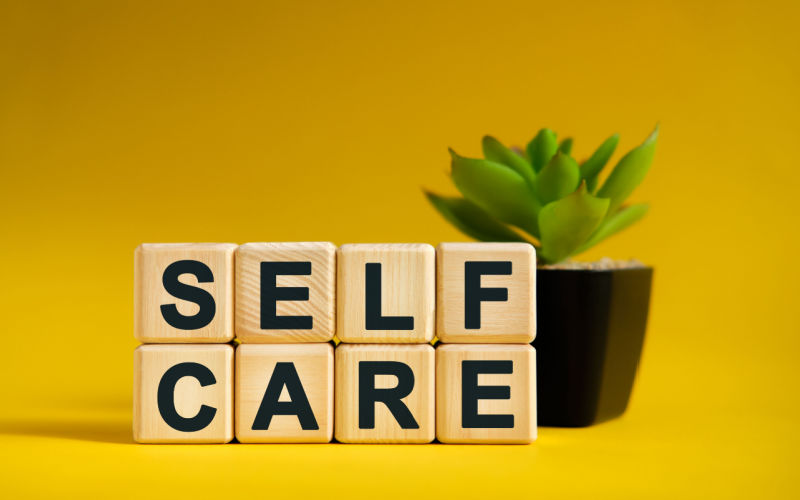1.5 minute read
Self-care has a direct correlation to mental health. Self-care can be defined as activities done intentionally to make a positive impact on your physical, mental, and emotional health. Using self-care techniques can help you create healthy coping mechanisms toward unavoidable everyday stressors. Practicing these techniques can help you relax or soothe negative symptoms of mental illness.
Everyone may practice self-care in their own way. Being self-aware can help a person to recognize when they are experiencing certain emotions or worsened symptoms of a mental illness. Understanding your common triggers and symptoms can help you to find the best self-care techniques.
Self-care Activities
Here are some great ideas to help you practice self-care.
Relax and Sleep
Not getting enough sleep can significantly impact your physical and mental health. Rest and sleep are important pieces of self-care. Some ways to practice include developing a nightly routine, napping when you need it, and practicing healthy sleep habits.
Eat Well
Consuming different foods and drinks can impact your mood. Eating a balance diet can help fuel your body with the nutrients it needs. Also, a good way to decompress after a busy day is by cooking a meal.
Get Moving
Getting up and moving every day is good for your mental well-being. Physical activities like walking, running, biking, or weightlifting can help you cope with stress, anxiety, and depression.
Make Goals
Setting goals can help you prioritize what’s important and keep you motivated. Writing down your goals and putting them where you’ll see them each day will help you stay mindful of accomplishing them.
Conclusion
Self-care may look different for everyone. Although self-care isn’t a cure for mental illness, it can help a person understand their triggers and what coping mechanisms work best for managing their mental health. Download the bulletin for more details. Also check out our mental health resources.

